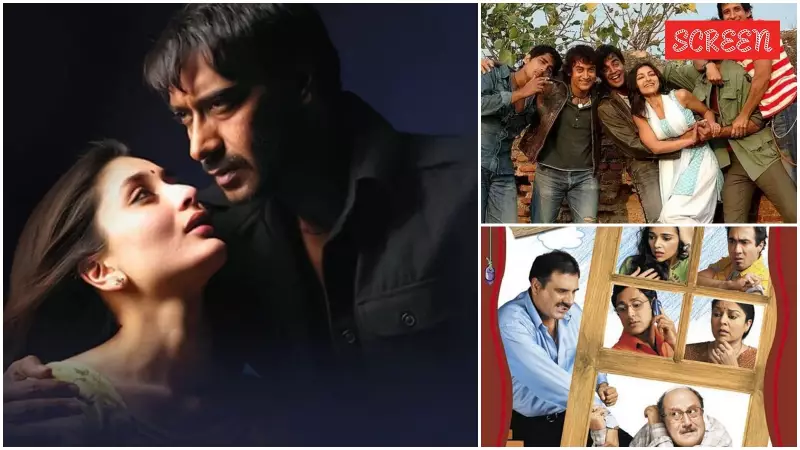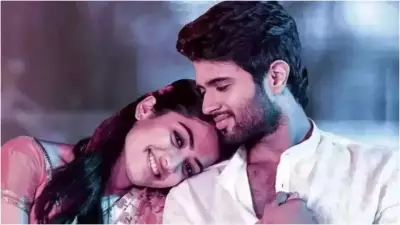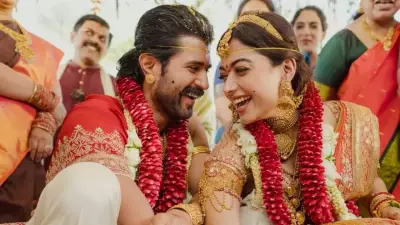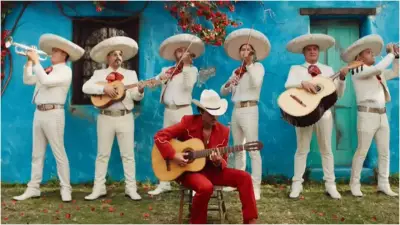
The Golden Year of 2006: Bollywood's Creative Renaissance
The year 2006 stands out as a remarkable period in Indian cinema when filmmakers dared to push boundaries and audiences embraced unconventional storytelling. This was the year when Bollywood witnessed an extraordinary problem of plenty, with multiple films breaking away from traditional formulas and creating lasting impact.
Revolutionary Films That Redefined Narratives
Rakeysh Omprakash Mehra's Rang De Basanti emerged as a cultural phenomenon that transcended cinema halls. The film featured an ensemble cast including Aamir Khan, Sharman Joshi, Siddharth, Kunal Kapoor, Soha Ali Khan, R Madhavan and Atul Kulkarni as college students who discover purpose after their pilot friend's tragic death in a MIG crash. The movie boldly addressed real-life fighter jet crashes and corruption among politicians and arms dealers.
What made Rang De Basanti truly special was its impact beyond entertainment. The film inspired real-world activism, with its candle-lit vigils directly influencing public demand for justice in the Jessica Lal murder case. AR Rahman's soundtrack became anthemic, continuing to resonate with audiences years later.
Career-Defining Performances and Breakthrough Roles
Saif Ali Khan shattered his urban-cool image with a spectacular transformation in Vishal Bharadwaj's Omkara, an adaptation of Shakespeare's Othello. His portrayal of the foul-mouthed, paan-stained Langda Tyagi alongside brilliant actors like Deepak Dobriyal earned him critical acclaim and what many consider his finest performance to date.
Hrithik Roshan dominated 2006 with two blockbuster hits. In Dhoom 2, he played a stylish international thief whose chemistry with Aishwarya Rai and the electrifying song 'Dhoom Macha Le Dhoom' created waves. He followed this with Krissh, playing India's beloved superhero in a sequel to Koi Mil Gaya, featuring groundbreaking VFX by Hollywood technicians and co-starring Priyanka Chopra and Rekha.
Shah Rukh Khan showcased his versatility with two dramatically different roles. In Karan Johar's Kabhi Alvida Naa Kehna, he played a cheating husband in what was considered a risky departure from his romantic hero image. Meanwhile, in Farhan Akhtar's Don remake, he brought swag and style to the iconic character originally played by Amitabh Bachchan, with Priyanka Chopra stepping into Zeenat Aman's shoes as Roma.
The Rise of Middle-Class Cinema and New Voices
Dibakar Banerjee made an impressive debut with Khosla Ka Ghosla, a film that perfectly captured middle-class anxieties about home ownership through the specific cultural lens of West Delhi. The film featured Anupam Kher as the unlikely hero against Boman Irani's memorable land shark character, creating what would become a cult classic.
This remarkable year demonstrated that Indian audiences were ready for diverse content - from superhero spectacles and stylish thrillers to socially relevant dramas and relatable middle-class stories. The success of these films paved the way for more experimental cinema in the years that followed, making 2006 a true turning point in Bollywood history.






